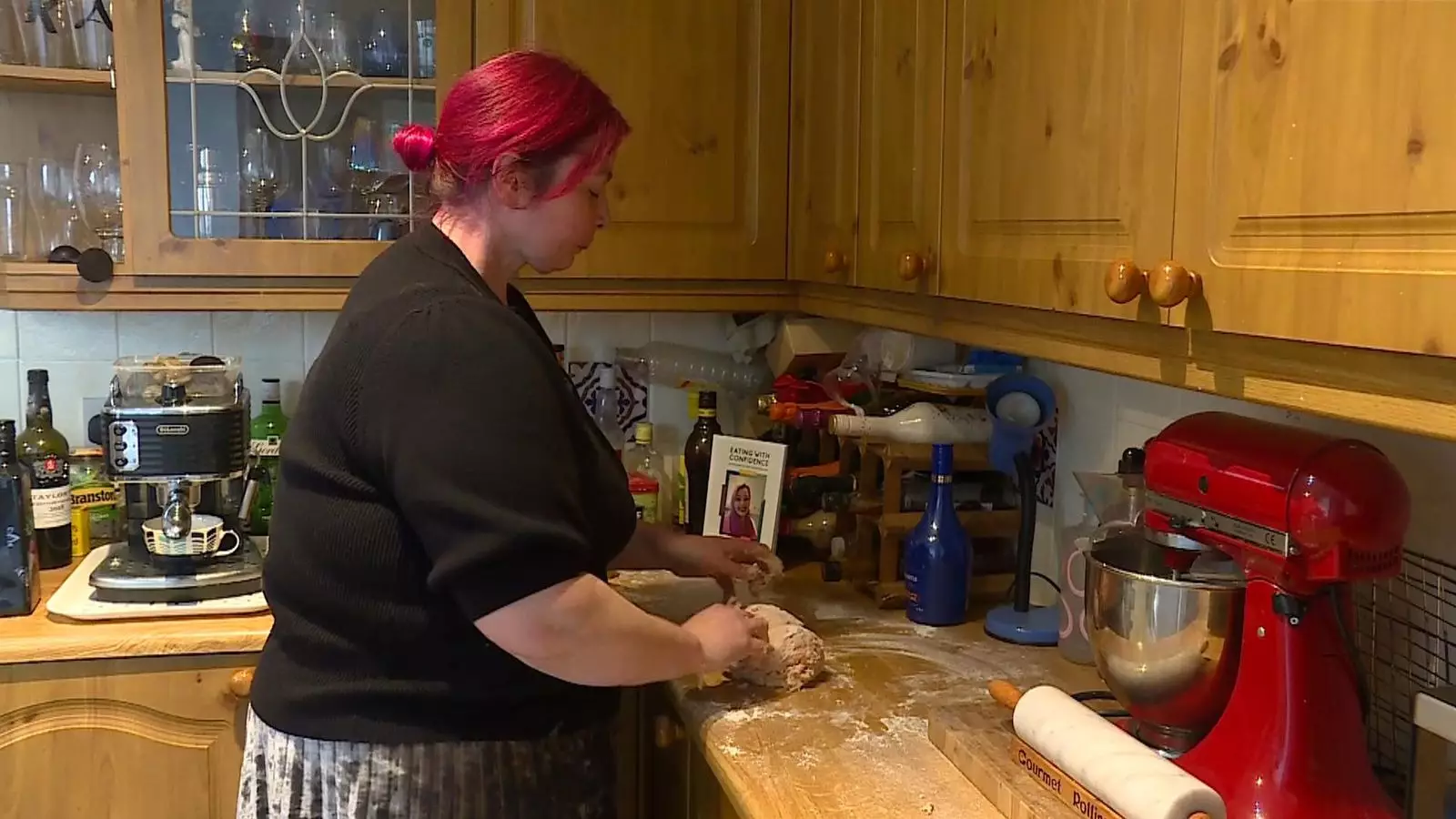For many, food serves as a source of pleasure and connection, intertwining itself with our cultural identities. Laura Marston, a self-identified foodie, had always found joy in cooking and baking. However, her life would take a drastic turn following a mouth cancer diagnosis in 2019. This battle against the disease not only transformed her relationship with food but also served to highlight the increasing prevalence of mouth cancer in the UK. As reported by the Oral Health Foundation, the nation is witnessing an unprecedented surge in such cases, with over 10,000 instances reported last year — the highest number recorded to date.
The statistics surrounding mouth cancer in the UK are deeply unsettling. The increase of 133% in reported cases over the last two decades underscores a public health crisis that requires urgent attention. With 3,637 lives claimed by this disease last year, it is imperative to recognize that mouth cancer is not merely a statistic, but a profound reality affecting thousands of families. The alarming rise in diagnoses prompts crucial questions about societal awareness and prevention efforts, particularly given that roughly 31% of all cases manifest on the tongue, which was the case for Marston.
At the young age of 39, Laura Marston was faced with the harrowing news that her tongue could not be salvaged and must be surgically removed. The moment she was informed of this surgery marked a watershed in her life. Her journey has encapsulated the raw emotion of loss — loss of speech, the ability to savor food, and, more profoundly, her identity as a food lover. “I was told I wouldn’t speak again, I would never eat again,” she recalled, emphasizing the overwhelming weight of such news.
While many might succumb to despair in such circumstances, Marston chose a different path. She reinvented her approach to food and communication, gradually learning to speak and eat again without her tongue. Her determination not only facilitated her recovery but also fueled a desire to help others in similar situations. This led her to pen a cookbook aimed at those grappling with taste issues post-treatment, showcasing that life after such a diagnosis can still have flavorful moments.
The road to recovery was steep and fraught with complexities. Marston’s daily life transformed dramatically. Dining became a meticulous process requiring careful planning and preparation; spontaneity was exchanged for caution. The fear of choking loomed large, creating an atmosphere of anxiety around meals. “I can’t just grab a meal; I have to plan, I have to sit down,” she said. Much like her, many individuals facing such life-altering medical interventions find themselves navigating these emotional and practical hurdles.
Dr. Nigel Carter, the CEO of the Oral Health Foundation, voiced the urgency of addressing this health crisis, noting the importance of increased awareness around symptoms and risk factors. Smoking, heavy alcohol consumption, and the human papillomavirus (HPV) have emerged as significant contributors to mouth cancer. Understanding these risk factors is crucial, especially given that men account for a staggering 66% of diagnoses, predominantly those over the age of 50.
Current campaigns emphasize the need for early detection as a cornerstone of combating the rising incidences of this disease. Acknowledging unusual symptoms can spell the difference between life and death, yet many cases continue to be diagnosed too late. There is a collective responsibility to empower communities with the knowledge to recognize potential warning signs and seek immediate medical advice.
As the UK grapples with its growing mouth cancer epidemic, voices like Laura Marston’s become essential. Her journey, characterized by resilience and adaptation, is a poignant reminder of the impact such illnesses have on individual lives. It is a calling for increased vigilance regarding oral health, community education, and a radical overhaul of how mouth cancer is perceived and treated. As she aptly illustrates, reclaiming life after a devastating diagnosis is possible, albeit challenging, and should serve as an inspiration for others fighting similar battles. In working together to enhance awareness and early detection, we can hope to reverse the alarming trend of mouth cancer and pave the way for healthier futures.


Leave a Reply